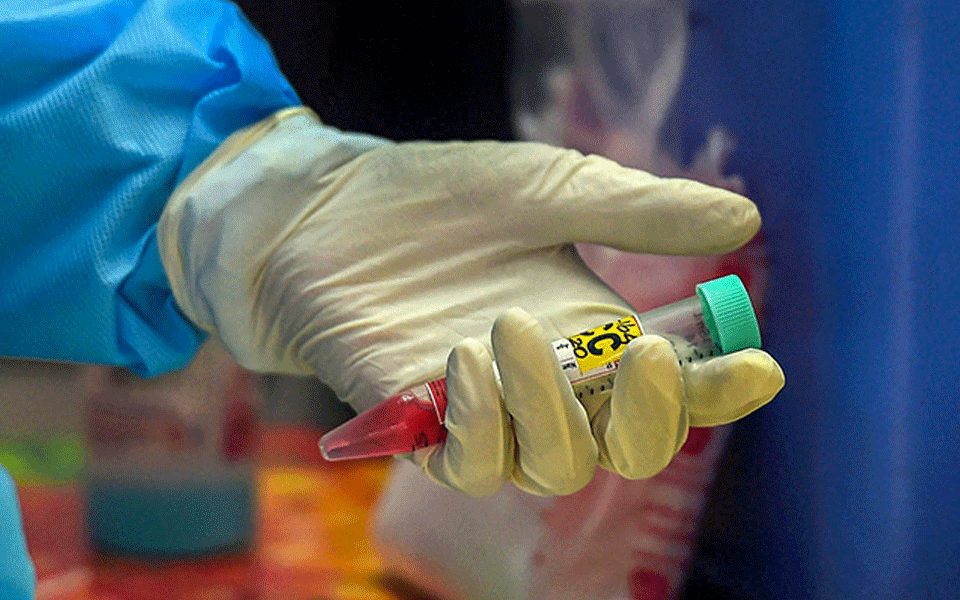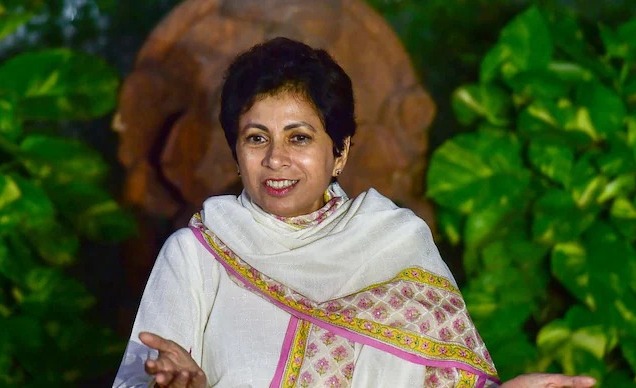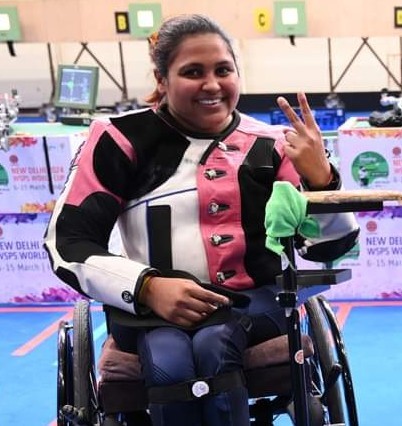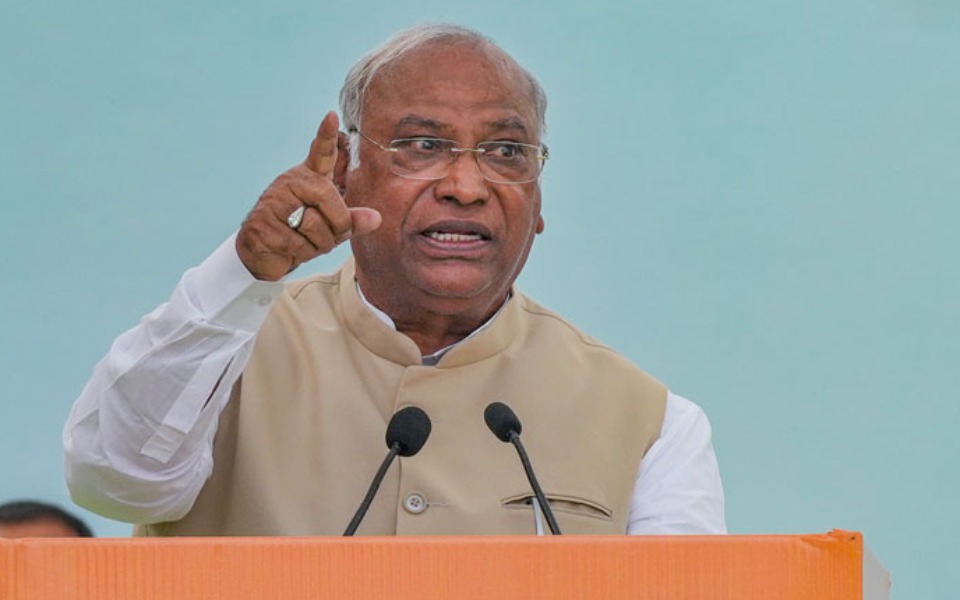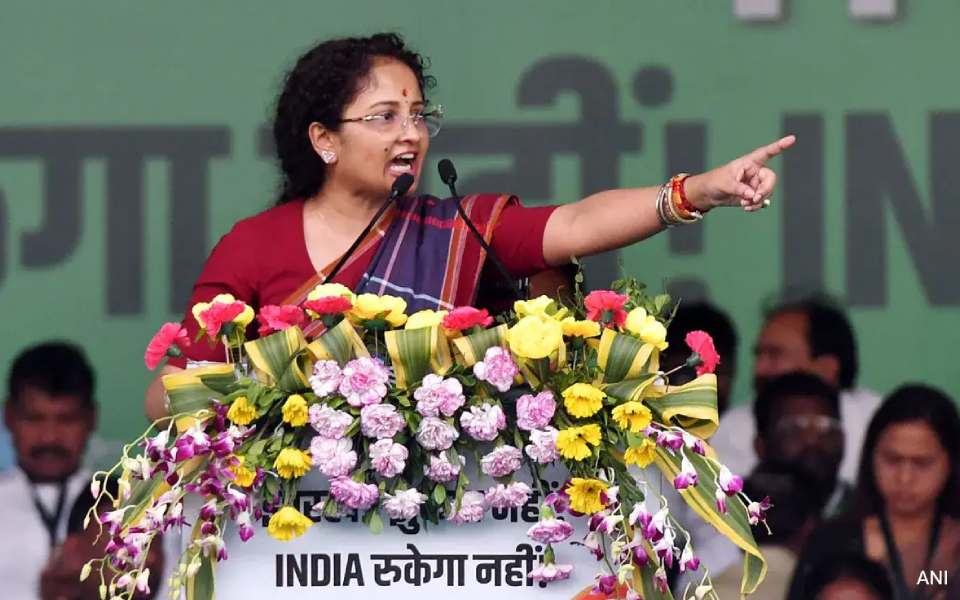Washington: It took six months for the world to reach 10 million confirmed cases of the coronavirus. It took just over six weeks for that number to double.
The worldwide count of known COVID-19 infections climbed past 20 million on Monday, with more than half of them from just three countries: the US, India and Brazil, according to the tally kept by Johns Hopkins University.
The average number of new cases per day in the US has declined in recent weeks but is still running high at over 54,000, versus almost 59,000 in India and nearly 44,000 in Brazil.
Russia became the first country to approve a vaccine against the virus. While a proven coronavirus vaccine would be an epic medical breakthrough, the move raised alarms among scientists because the shots have not been subjected to large-scale testing in humans.
They have only been studied in dozens of people, not the thousands typically involved.
The Big Ten announced it won't play football this fall because of the virus, becoming the first of college sports' powerhouse conferences to cancel. The Big Ten includes Ohio State, Michigan, Nebraska and Penn State.
The severe and sustained crisis in the US over 5 million cases and 163,000 deaths, easily the highest totals of any country has dismayed and surprised many around the world, given the nation's vaunted scientific ingenuity and the head start it had over Europe and Asia to prepare.
South Africa, Colombia, Mexico, Peru, Argentina, Russia and the Philippines round out the list of the top 10 countries contributing the most new cases to the global tally since July 22, according to an Associated Press analysis of Johns Hopkins data through Monday.
The real number of people infected by the virus around the world is believed to be much higher perhaps 10 times higher in the US, according to the Centers for Disease Control and Prevention given testing limitations and the many mild cases that have gone unreported or unrecognised.
Some of the worst-hit nations have been those whose leaders have downplayed the severity of COVID-19, undercut the advice of health experts and pushed unproven remedies.
President Donald Trump, Brazil's President Jair Bolsonaro and Mexican President Andr s Manuel L pez Obrador, for example, all rarely wear masks and have resisted calls for strict lockdowns.
Trump and Bolsonaro have promoted the anti-malaria drug hydroxychloroquine, even though studies have shown it to be useless against the virus, with potentially deadly side effects.
In the US, Mexico and Brazil, testing has been criticised as inadequate. While the US has ramped up testing in recent months, Americans have faced discouragingly long lines and delays in getting the results.
In Mexico, 47 per cent of tests are coming back positive, suggesting that only seriously ill people are getting screened.
Contact tracing, which has helped authorities in other countries get a handle on the spread, has also been criticized as insufficient in all three countries.
The US, with about 4 per cent of the world's population, accounts for about 25 per cent of the known coronavirus infections and 22 per cent of the deaths.
Mexico has reported nearly 500,000 cases and more than 50,300 deaths, but the president's point man on the epidemic, Assistant Health Secretary Hugo L pez-Gatell, said a full lockdown would prove too costly for people with little savings and tenuous daily incomes.
We do not want a solution that would, in social terms, be more costly than the disease itself, he said. Cases have begun to rise significantly in Caracas, Venezuela, perhaps one of the world's least-prepared cities to face the pandemic.
The country has been under a lockdown since March, but limited testing, open defiance of quarantine measures and the return of tens of thousands of Venezuelan migrants from countries with higher caseloads have resulted in a steady expansion that is starting to overwhelm hospitals with scarce supplies.
What has been successful in other countries is massive testing and isolating the population that is sick, said Domingo Subero, 66, an engineer worried about the situation in Caracas.
Here, neither of those two things is happening. Elsewhere around the world, New Zealand, which has been praised for quickly getting the virus under control, reported the first cases of local transmission in the country in 102 days. Prime Minister Jacinda Ardern said four cases were discovered in a single Auckland household.
Let the Truth be known. If you read VB and like VB, please be a VB Supporter and Help us deliver the Truth to one and all.
Chandigarh (PTI): The Congress on Thursday announced candidates for eight of the nine Lok Sabha seats it is contesting in Haryana, fielding former Union minister Kumari Selja, Rajya Sabha MP Deepender Hooda and youth leader Divyanshu Budhiraja, besides two sitting MLAs.
The party has also fielded former MP Jai Prakash and leaders Satpal Brahmachari and Mahendra Pratap, according to the list released late Thursday evening.
The Congress is contesting nine of the 10 Lok Sabha seats in Haryana. It has not yet announced its candidate for the Gurugram constituency.
The Aam Aadmi Party, a constituent of the opposition INDIA bloc, will contest the Kurukshetra seat.
Congress general secretary and former Union minister Selja will contest from the Sirsa (reserved) seat and sitting MLAs Varun Choudhary and Rao Dan Singh from the Ambala (reserved) and the Bhiwani-Mahendragarh Lok Sabha seats, respectively.
Deepender Hooda, son of former chief minister Bhupinder Singh Hooda, will enter the fray from Rohtak. He has represented the Rohtak parliamentary constituency three times in the past.
Jai Prakash has been fielded from Hisar, the Congress' Haryana youth wing president Divanshu Budhiraja from Karnal, Satpal Brahmachari from Sonipat and Mahendra Pratap from Faridabad.

